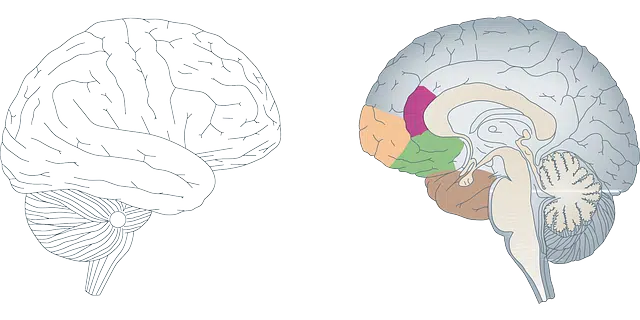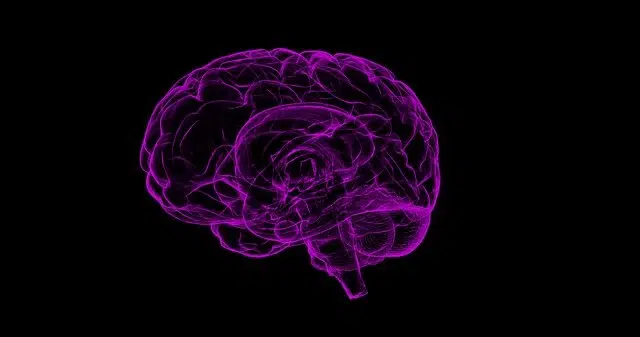
Psychopathology analyzes the characteristics of mental illnesses.
The discipline that analyzes the motivations and particularities of mental illnesses is known as psychopathology . This study can be carried out with several approaches or models, among which the biomedical, the psychodynamic, the socio-biological and the behavioral can be mentioned.
According to the psychodynamic model , to cite an example, psychological processes are the main cause of mental and psychosomatic disorders.
Psychopathology and the biomedical approach
The biomedical perspective approaches mental disorders like any other type of disease , considering that psychopathological alterations are generated by underlying biological abnormalities (genetic, biochemical or neurological). Therefore, treatment must be focused on correcting these organic root abnormalities.
In this sense, it can be said that abnormal behavior is a disease that arises from the pathological functioning of some part of the body. These are related to alterations in the brain portion, which can be anatomical (the size or shape of certain brain regions are not within normal limits) or biochemical (when the biochemical elements that contribute to neuronal functioning have their function altered. ).

Psychopathology can be approached from different approaches.
Characteristics of mental disorders
Psychopathology understands that organic mental disorders are those that have obvious physical causes, as occurs with Alzheimer's, while functional mental disorders bring together abnormal behavioral patterns that do not offer concrete indications of organic alterations in the brain.
In the case of psychopathologies or psychopathological disorders that develop during infancy, childhood or adolescence of an individual, we can establish that there are several typologies, including mental retardation, communication disorders (phonological, stuttering...), pervasive developmental disorders, learning disorders, tic disorders, or eating and eating disorders.
Psychopathology and autism
In the case of developmental disorders, it should be noted that this definition includes those that imply that the individual in question suffers from incapacitation at different levels. Within this category, for example, the autistic disorder that begins in childhood and translates into a series of disabilities in the psychological and behavioral areas stands out.
The five senses are affected by anomalies in autistic people who are also characterized by being quiet, barely laughing, having limitations in terms of language and communication, and at a physical level they have a series of deficiencies in lateralization.
Other conditions of the mind
Likewise, within the psychopathological developmental disorders there is also what is known as Rett disorder, which occurs in the female gender and which resembles autism to a certain extent. Mental retardation as well as motor coordination are the two hallmarks of patients with this syndrome, which means that they have a severe disability in many ways.
Asperger's disorder and childhood disintegrative disorder are others that are included in these psychopathological syndromes.
The behavioral model of psychopathology
Finally, it is interesting to highlight that the behavioral model of psychopathology does not make differences between pathological behaviors and normal behaviors, since both are the result of learning conditioned by the environment or environment.
Therefore, great importance is placed on environmental influences rather than biological or genetic ones. Treatment in this model revolves around modifying both overt and inferred behavior.
